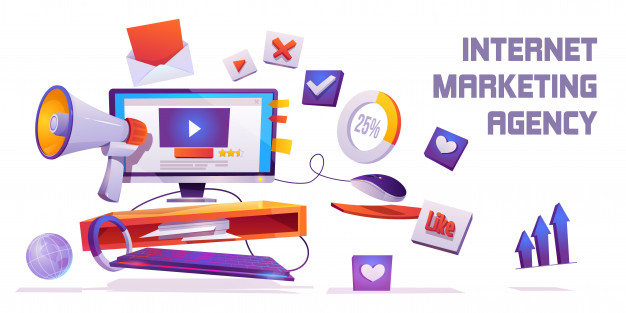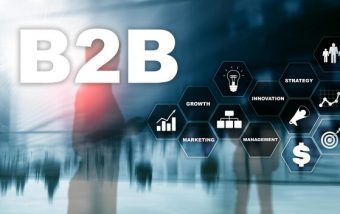Predis AI: Is This AI-Powered Tool Worth The Hype?
Apr 23, 2025

Apr 23, 2025

Apr 22, 2025

Apr 21, 2025

Apr 17, 2025

Apr 16, 2025

Apr 16, 2025

Apr 15, 2025

Apr 11, 2025
Sorry, but nothing matched your search "". Please try again with some different keywords.

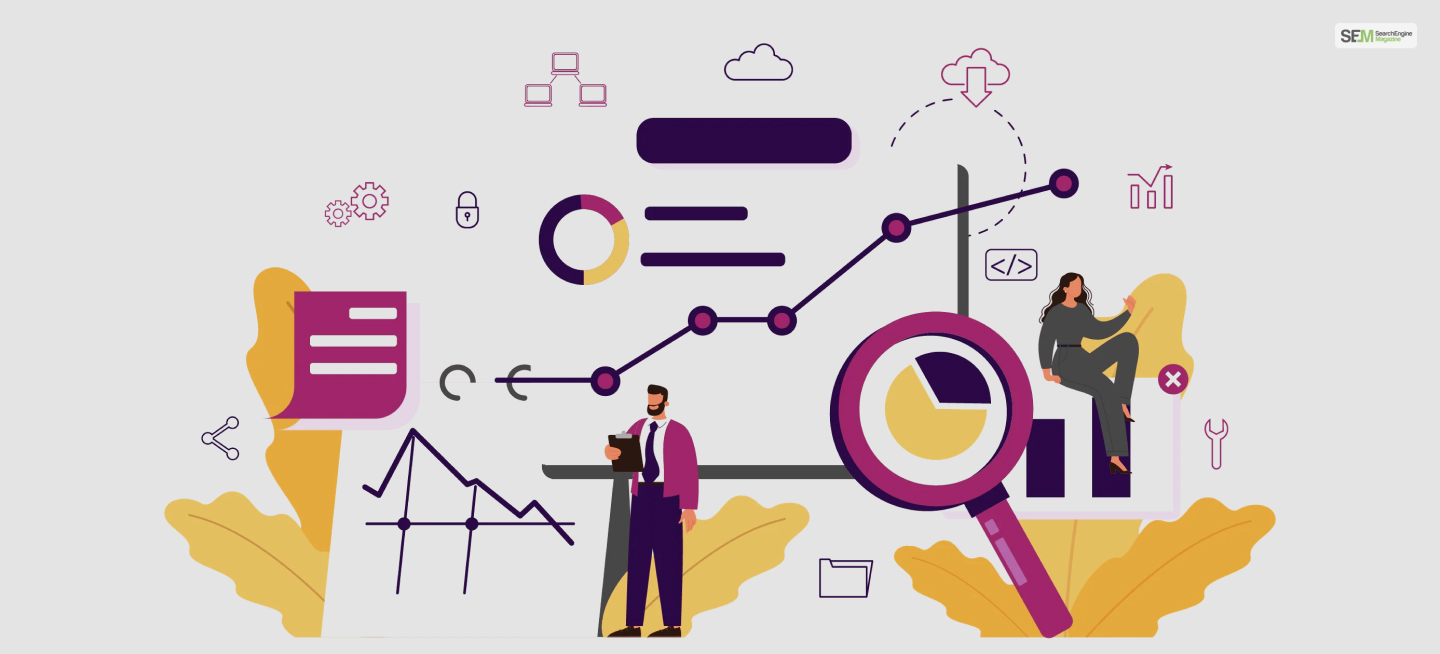
B2B data enrichment refers to the process of enhancing and improving business-related data by adding valuable information, details, or context to it. This process is crucial for businesses that cater to other businesses (B2B) because accurate and up-to-date data is crucial for effective marketing, sales, and decision-making.
To learn more about B2B data enrichment and how to use it for digital marketing, read this post till the end.
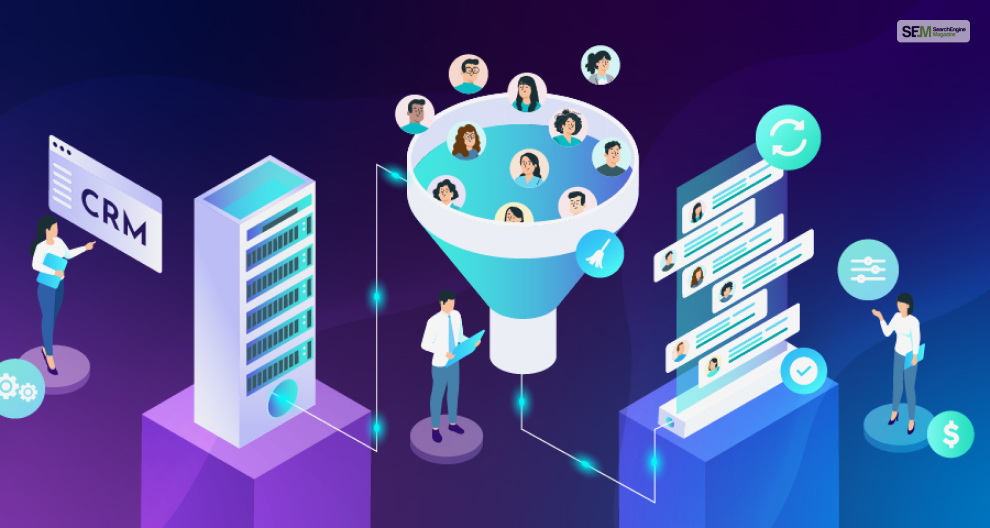
The main purposes of B2B data enrichment are:
B2B data typically includes information about companies, such as company names, industry classifications, contact details, and key decision-makers. B2B data enrichment involves adding or updating this data to make it more comprehensive and accurate.
B2B data can be enriched using various sources, including third-party data providers, public records, social media, and data scraping tools. External sources can provide information about company size, revenue, location, employee count, recent news, and more. This will also help in data modeling as well!
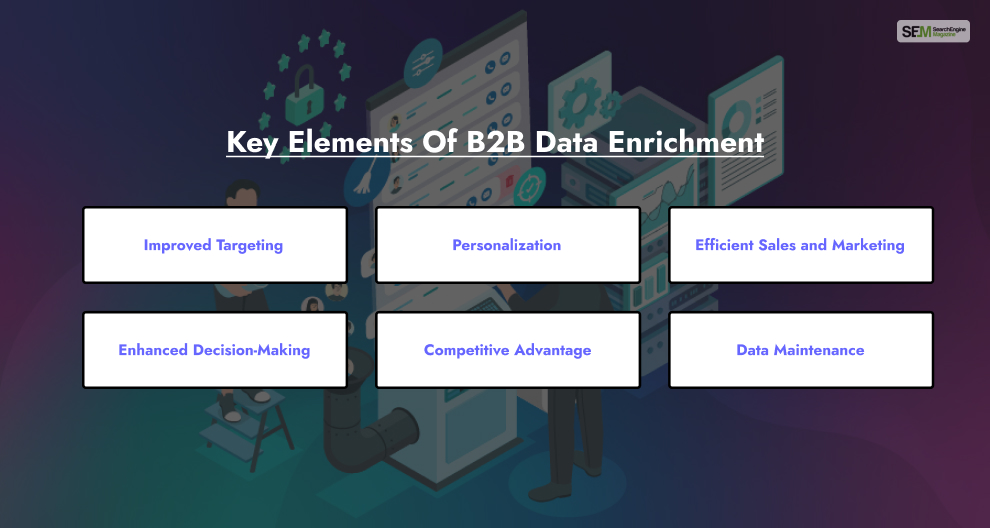
The key elements constituting B2B data enrichment are:
The prime benefits of B2B data enrichment in digital marketing are:

Digital marketers can leverage B2B data enrichment in various ways to enhance their marketing strategies and campaigns. Here are some key ways in which digital marketers can use B2B data enrichment:
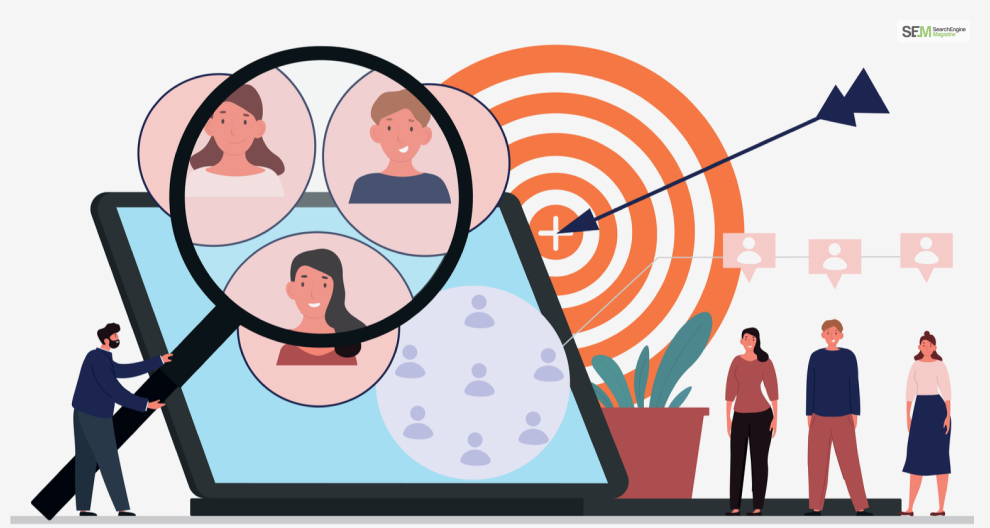
Segment your B2B audience based on enriched data, such as industry, company size, location, and technology usage. Therefore, market segmentation allows for highly targeted and personalized marketing campaigns.
Create content and messaging tailored to the specific characteristics and needs of different B2B segments. Enriched data helps you understand your audience’s pain points and interests.

Use enriched data to identify high-potential leads. Enrichment can provide valuable insights into a lead’s company, role, and industry, helping you prioritize and nurture leads effectively. Therefore, you can effectively use it to generate leads for your eCommerce business by planning the perfect lead-generation campaign on Google Ads.
B2B data enrichment is integral to successful ABM strategies. It enables you to precisely identify and target key accounts, creating customized marketing campaigns for each target account.
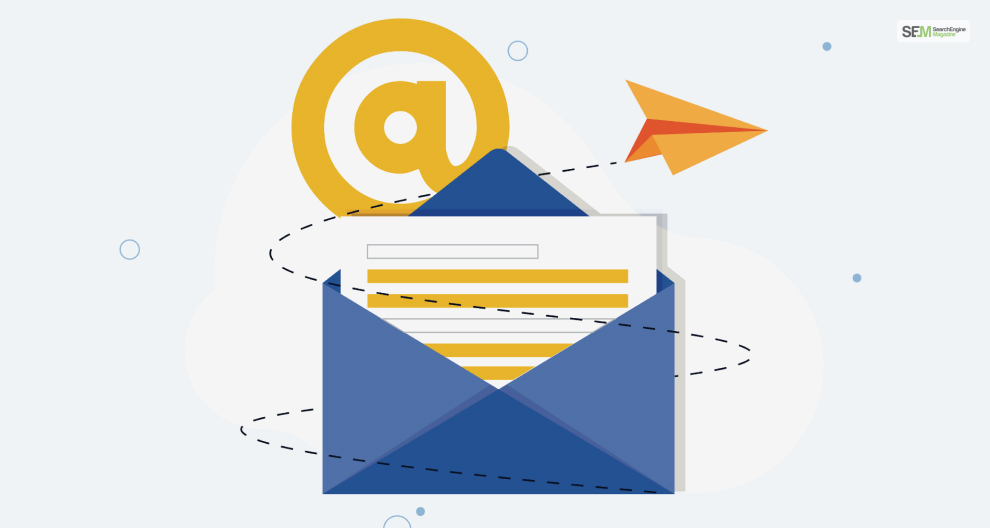
Ensure your email marketing campaigns reach the right decision-makers by using enriched data to verify and update email addresses. You should personalize email content based on job roles and industry. In addition, you can also use templates for your email marketing campaign.
Enriched data can inform your content strategy. Identify trending topics, pain points, and industry-specific issues to create content that resonates with your B2B audience.
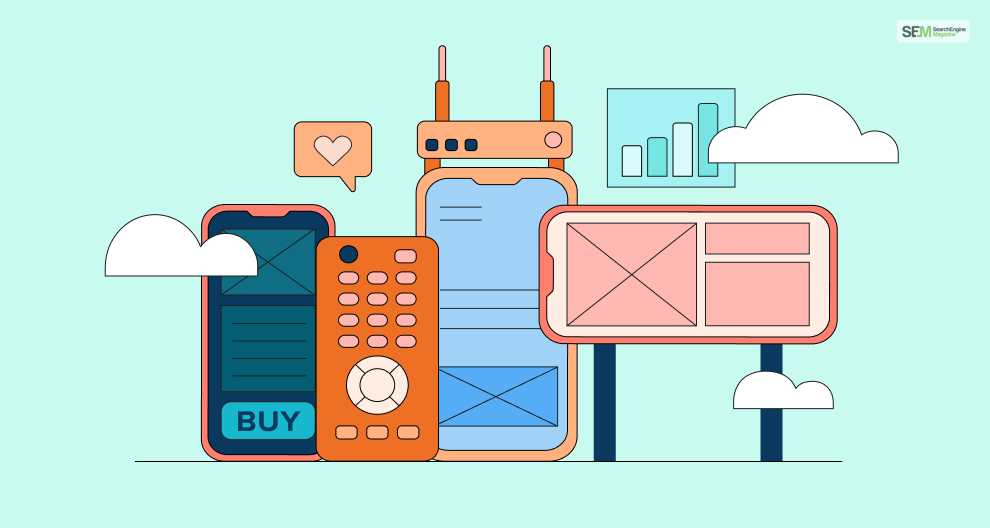
Social media in digital marketing has become necessary in 2023. Therefore, use enriched data to target B2B audiences with relevant content and advertisements on social media platforms. LinkedIn, in particular, offers robust targeting options for B2B marketers.
Develop detailed profiles of target companies and their decision-makers using enriched data. This information is valuable for tailoring pitches and communication strategies.
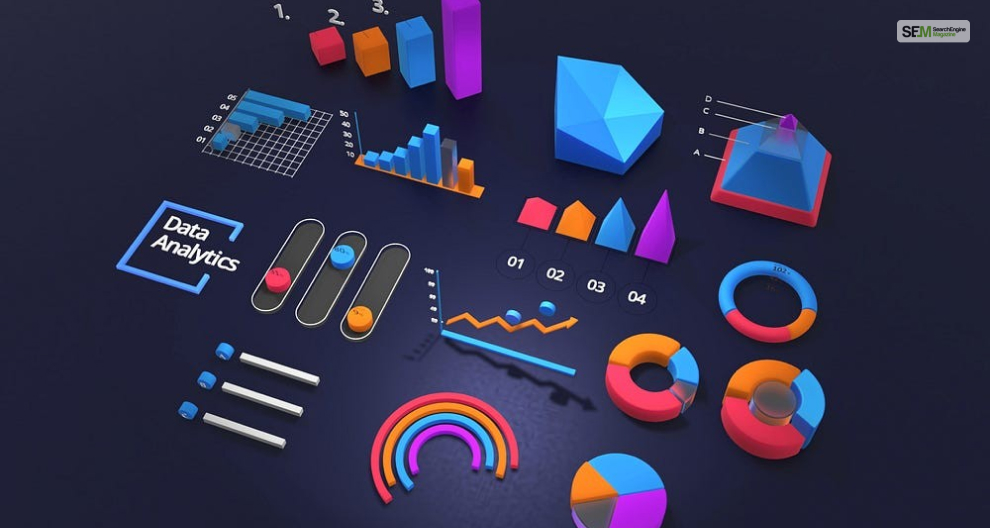
Analyze enriched data to gain insights into market trends, customer behavior, and competitive intelligence. This informs marketing strategies and campaign optimizations.
Implement lead-scoring models based on enriched data to identify and prioritize leads that are more likely to convert. This optimizes sales and marketing resources.
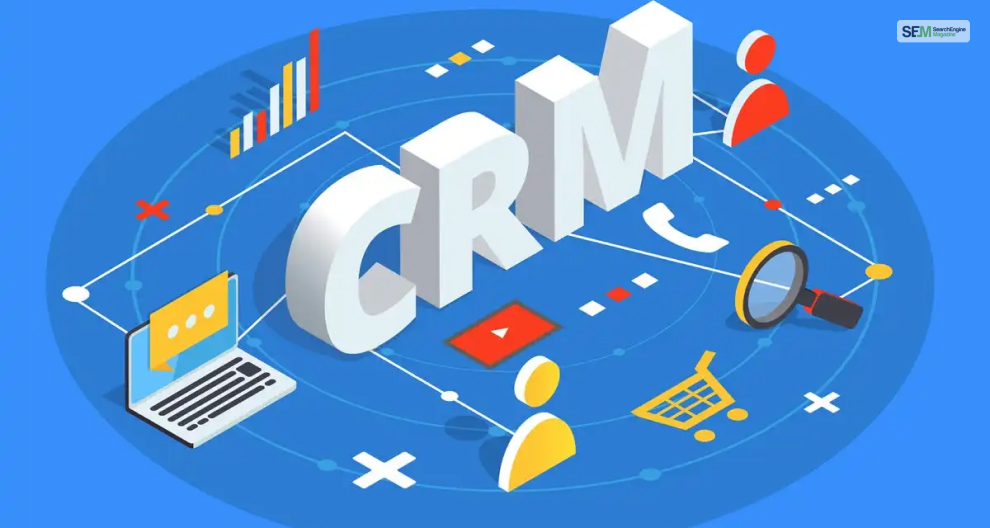
Integrate enriched data into your CRM system to maintain accurate and up-to-date customer records. This ensures that sales and marketing teams have access to the latest information.
Ensure data compliance with regulations like GDPR or CCPA by using enriched data to verify and update contact information. This helps maintain data accuracy and legality.
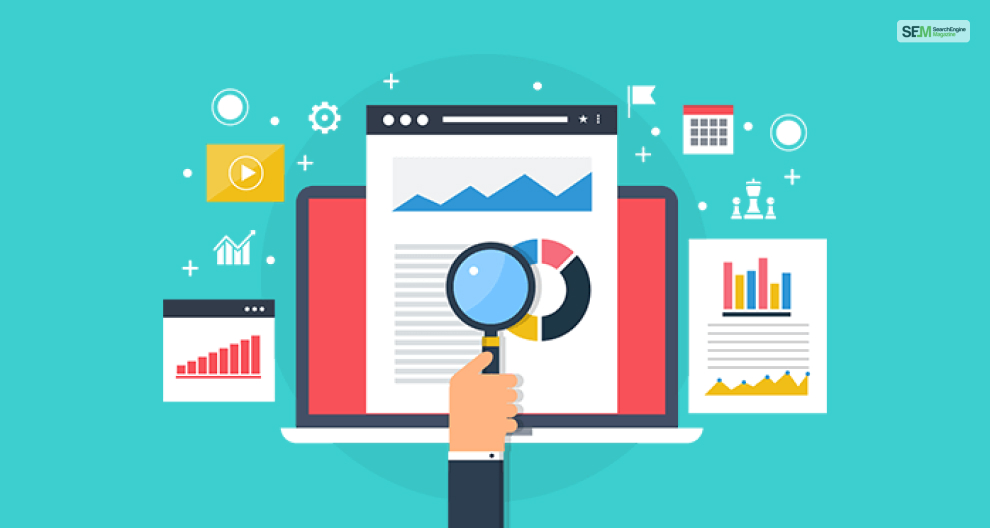
Enriched data can provide insights into your competitors’ customer base, allowing you to identify potential opportunities or gaps in the market.
Use enriched data to identify industry-specific influencers or thought leaders to collaborate with for content promotion and co-marketing efforts.
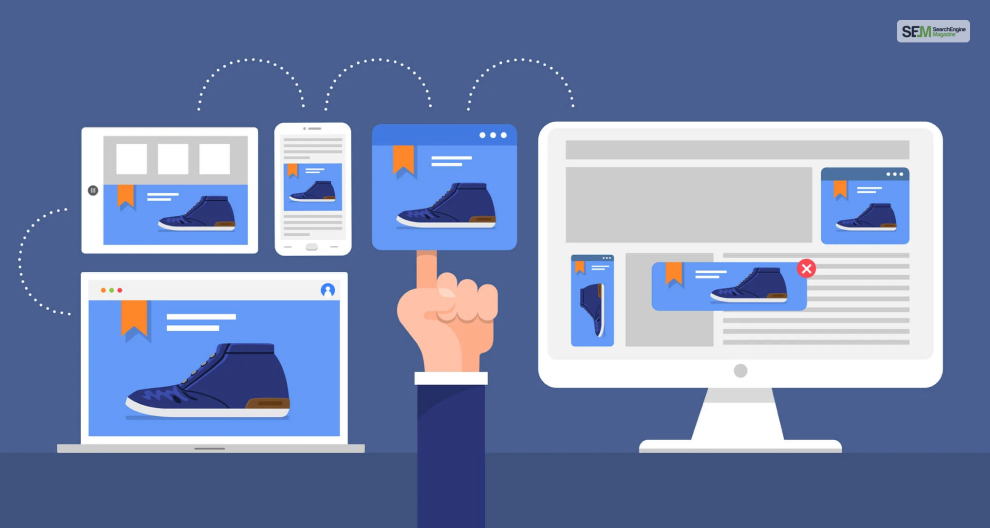
Utilize enriched data for retargeting campaigns. Show relevant ads to B2B prospects who have previously engaged with your content or visited your website.
B2B data enrichment is valuable for businesses operating in a B2B context. It involves enhancing business-related data with additional information from various sources to improve targeting, personalization, and decision-making, ultimately leading to more effective marketing and sales efforts.
Incorporating B2B data enrichment into your digital marketing strategy enables more precise targeting, better personalization, and data-driven decision-making. It helps marketers maximize their resources while delivering a more meaningful experience to their B2B audience.
Also Read
Mashum Mollah is the feature writer of SEM and an SEO Analyst at iDream Agency. Over the last 3 years, He has successfully developed and implemented online marketing, SEO, and conversion campaigns for 50+ businesses of all sizes. He is the co-founder of SMM.
View all Posts
Predis AI: Is This AI-Powered Tool Worth The ...
Apr 23, 2025
Fliki AI: Is This AI-Powered Tool Worth The H...
Apr 22, 2025
Andi Search: Is This AI-Driven Search Engine ...
Apr 21, 2025
How To Retrieve Deleted Text Messages On Andr...
Apr 17, 2025
How To Know If Someone Blocked You On iMessag...
Apr 16, 2025